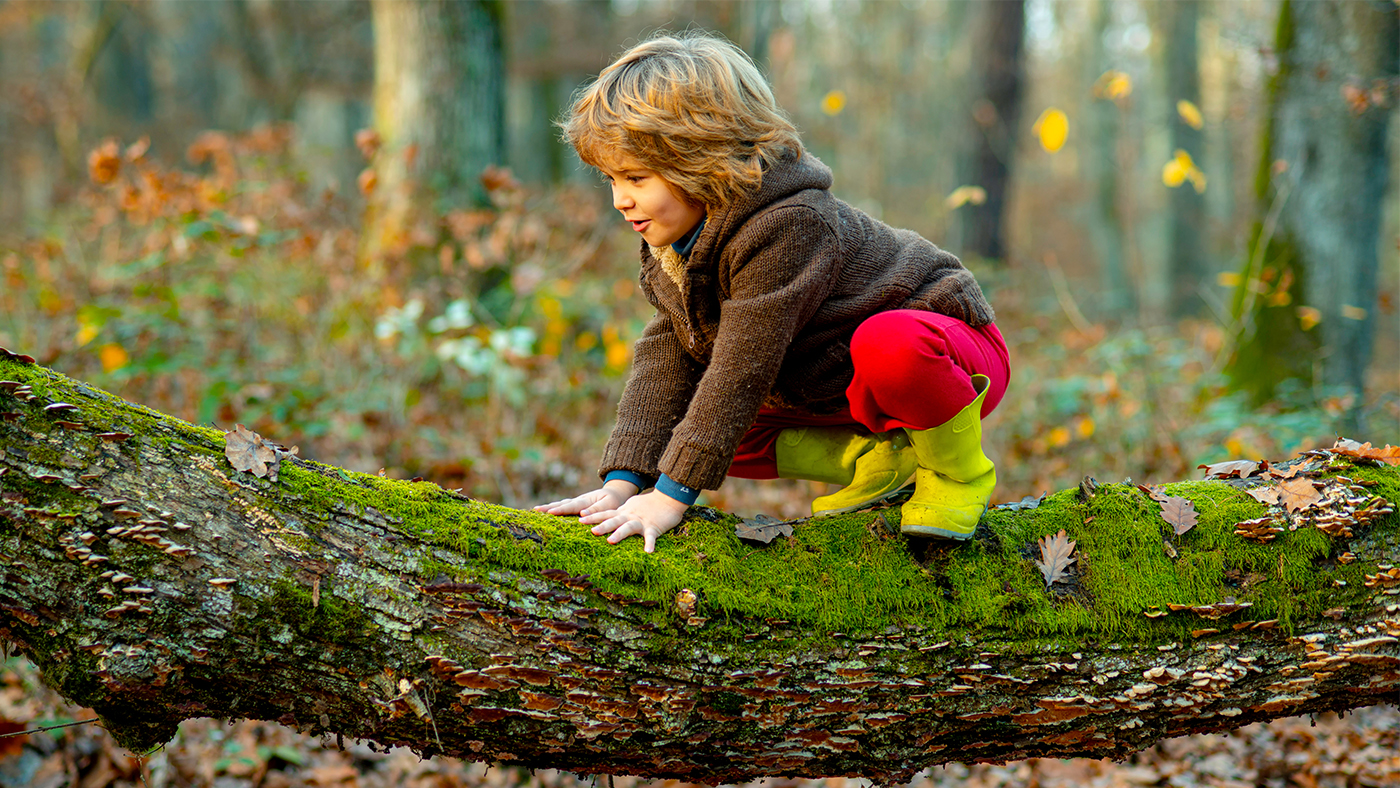Five things to say instead of, “Be careful!”

Your child’s cognitive and physical skills are developing, and as part of this they’ll be looking for more physical challenges – which can be a challenge for you, too. Your first instinct might be to warn them about potential dangers and remind them to “be careful!”, after all, a huge part of your role as a parent is to keep your child safe. But one of the best ways you can help keep your child safe throughout their life is to help them learn to recognise situations that might be dangerous, and have a toolkit of ways to protect themselves.
When we say, “be careful,” we don’t give our child information about which aspect of what they are doing is risky, so they can’t assess and learn from our knowledge and be ready to risk assess themselves next time they are in a similar situation.
Being vague about the risk may also give them a general sense of danger and fear, without the confidence of knowing how to stay safe. This might stop them from having a go at anything that feels a bit challenging.
Asking questions or making comments about the specific situation can help your child to learn about assessing risks themselves.
We have some ideas of things you can say instead of, “be careful,” which might help your child to learn to make their own judgements about risk and safety.
- Have a look around – do you need more space?
- Have you noticed (that the log is very wobbly)?
- I can see you’ve thought about climbing… how will you get down?
- Do you feel safe?
- Does that feel wobbly, slippery, strong enough...?
Sometimes “be careful” will slip out because you need to get your child’s attention fast – in these cases try to think about what it is you really mean when you say it.
If they are about to do something dangerous, be clear and say “Stop!” or “Wait!”.
Sometimes “be careful” might be the best way to express what you feel in the moment; when that happens, use the opportunity to talk about why by adding a “because...” and explaining what risks you saw that your child might not have.
This will build up their risk assessing ability in the future, and give you the confidence that they will be able to keep themselves safe even when you’re not by their side.
And, in some cases, we find ourselves saying “be careful” when what we mean is “I love you, and you’re precious to me, so please stay safe.” Your child will love to hear those words, so when you can it’s the perfect thing to say instead of “be careful”.